#AssemblyPlants
With Plants at Stake, Unifor Prepares to Plunge Into Detroit Three Negotiations
Canadian auto manufacturing has steadily declined over the past several decades, and the future looks cloudy for workers at Detroit Three plants. It’s under this gathering gloom that the union representing these workers, Unifor, enters into contract negotiations with General Motors, Ford, and Fiat Chrysler.
The last round of collective bargaining was rough, but the near-closure of GM’s Oshawa Assembly (where auto production ceased last year) provided Unifor with a grim portent of what could await other underutilized Canuck plants.
Beancounters to the Rescue? Office Staff Keep Honda Production Afloat in Ohio
This isn’t the first time we’ve learned of an “all hands on deck” situation taking place at a U.S. assembly plant. Recall this report from earlier this month, in which sources claimed managers and other white-collar employees hit the floor at General Motors truck plants in a bid to cover absent workers.
It was inevitable, given the reality facing companies hoping to maintain full production amid a viral pandemic. The latest report comes out of Marysville, Ohio — home to an enormous Honda assembly operation. Seems even accountants had to don hardhats.
Ford's Fluffy: Stirrer of Irrational Fears
You’re probably disinterested to learn that Ford found a cheap way to measure and record the interior dimensions of assembly plants in preparation for retooling operations. However, the manner in which the company plans to scan its Van Dyke transmission facility is an altogether different matter.
The maker of wholesome products like the F-150 and a vast array of passenger cars no longer offered to American consumers chose to temporarily adopt a pair of hell hounds secretly designed to one day enslave the human race.
Tesla: A Surprise Profit, a Stock Bounce, and a Factory Site Secured
Everything was moving in Tesla’s favor Wednesday night, with the electric automaker reporting an unexpected quarterly profit — its fourth in a row — for Q2 2020. This positive financial news, made possible by other automakers’ hunger for regulatory credits, sent the company’s already elevated (overvalued?) stock closer to the face of God.
At the same time, CEO Elon Musk announced something long suspected: That Tesla’s next domestic assembly plant will set up shop in Austin, Texas.
Amid Losses, Daimler Rethinks North American-made Sedans
Domestic automakers have largely rid their North American facilities of sedans, so why shouldn’t foreign manufacturers? That’s what Mercedes-Benz parent Daimler plans to do after announcing a second-quarter loss of $1.9 billion.
While the quarterly loss was less than analysts expected, financial and sales pressures brought on by the coronavirus pandemic has led the automaker to cull car production on this side of the pond.
Report: Tesla Close to Choosing Austin?
Tesla CEO Elon Musk has made it painfully clear that Texas is his first choice when it comes to locations for a second U.S. vehicle assembly plant. The executive, disillusioned and annoyed with Silicon Valley and the general California experience, had somewhere in the central or southern U.S. on his mind when he started hunting for a new plant location.
A report out of Austin Monday suggests Tesla could be close to sealing a deal.
Ford and GM to Workers: You've Had Enough Downtime Already
There’s a production backlog to be made up for, and industry giants Ford and General Motors don’t want to ease up on the throttle.
Rather than schedule a normal amount of summer downtime for plants and their employees, both automakers plan to pare back their normal idle period for select plants, ensuring a healthy flow of product that’s only just now ramping up after two months offline.
Tulsa Prostrates Itself Before Elon Musk Shrine
Move over, people of Joplin — Tulsa, Oklahoma wants to host Tesla’s proposed second U.S. assembly plant, and it’s prepared to embarrass itself to see it happen.
On Wednesday, Tesla aficionados assembled their vehicles around the city’s famous, 75-foot-tall Golden Driller statue, which they deftly decked out to look like Tesla co-founder and CEO Elon Musk. To Tulsa, Musk is the golden boy. Rumors abound that the sometimes unhinged executive has decided on either Austin, Texas or Tulsa for the new assembly plant site.
Some hope he’ll even move his company’s headquarters out of California.
'New Normal' Takes Hold at U.S. Auto Plants
At this point, only Ford has yet to deliver a firm restart date for its U.S. assembly plants, with Detroit rivals Fiat Chrysler and General Motors pegging May 18th for a cautious ramp-up of manufacturing activities.
Elsewhere, things are getting back to normal — or as close to normal as one is allowed these days. Amid new health protocol and a weak supply chain, Hyundai and Kia flipped on the switch this week, joining a handful of other foreign brands that have already restarted production in the U.S. South.
Report: May 18th Could Be It for Detroit Three
Unlike their foreign rivals, Ford, General Motors, and, belatedly, Fiat Chrysler held off on nailing down a specific date for a production restart. The latter company was expected to begin ramping up production starting May 4th, but last week’s announcement by UAW President Rory Gamble made it the odd man out. The plan’s now off the table.
According to one report, the three automakers will present a united front, with each operation coming back online on the same day.
Production Update: Toyota and Volkswagen Ready to Go, Honda Hangs Back
You just read how an announcement from the United Auto Workers poured cold water over the Detroit Three’s tentative plans to resume vehicle assembly in the United States, but non-domestic automakers don’t have that problem.
Sure, they still need to grapple with the ongoing coronavirus pandemic, devising new methods of keeping plant workers safe while carrying out the business of building cars, but early May still looks promising to several large industry players. With U.S. auto sales entering a slow rebound, almost everyone’s itching to get started.
Shutdown Extension for Mexican Plants, Furlough for Honda Employees
Honda was one of the first automakers to announce a shutdown of North American vehicle production, with the Detroit Three (and others) quickly following suit after the company’s March 18th proclamation. Initially pegged at an optimistic 6 days, the shutdown saw the automaker’s plants go dark on March 23rd.
Fast-forward a few weeks and the shutdown still has a ways to go, with Mexico now seeing an extension of its idle period. Meanwhile, U.S. employees now can look forward to no pay.
Volkswagen Lays Out Timing for Global Restart
Vehicle production is a complex juggling act at the best of times, but industry-shuttering viral pandemics that sweep the globe in a matter of weeks can complicate the process. And aside from its joint-venture operations in China, Volkswagen finds itself, like other automakers, shut out of the business of building cars.
Perhaps ambitiously, the automaker aims to be back online, cranking out cars in the U.S. and Europe by the end of the month.
Better Days Ahead: Subaru Eyes U.S. Production Restart
Known for having one of the leanest inventories in the industry, Subaru has marked yet another date date on its calendar, no doubt hoping that once production resumes in Indiana, it won’t have to turn out the lights again.
The Japanese manufacturer initially shut down its Lafayette assembly plant for the period of one week back in late March. We now know how optimistic that was. May 11th is the new return date.
Joplin, MO to Tesla: Your Truck, Right Here
A Missouri city is making a direct pitch to Tesla in the hopes of landing an assembly plant. The electric automaker is on the hunt for a new domestic manufacturing site in which to build its ridiculous-looking Cybertruck, and since Texas seems to be off the table, other states feel they’ve got a good shot.
Naturally, the city of Joplin isn’t coming to the table empty handed.


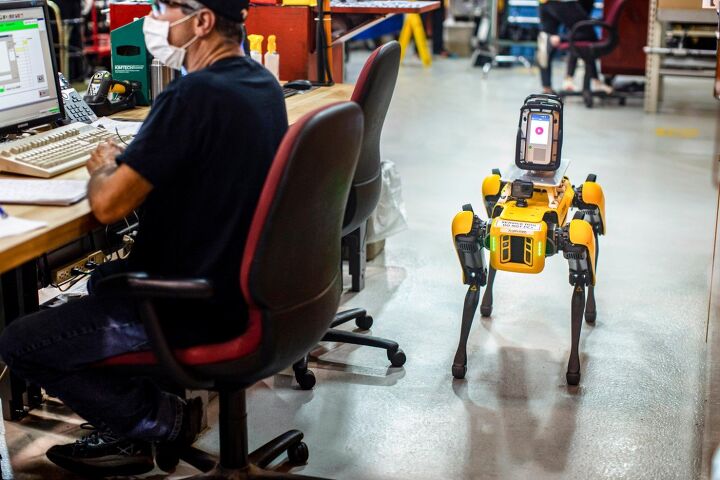



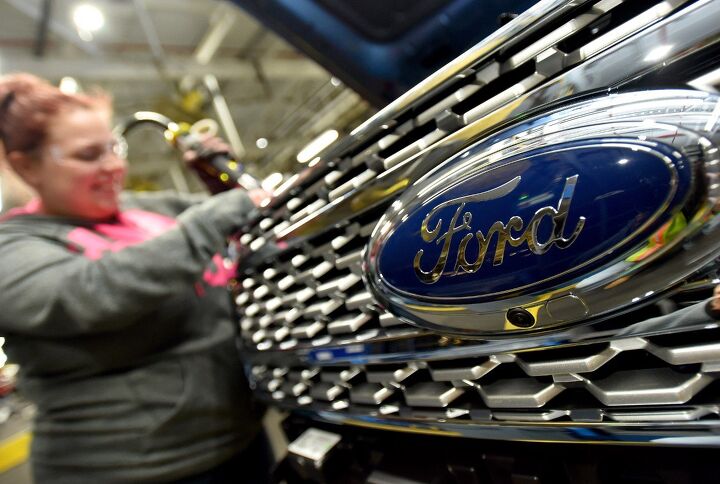

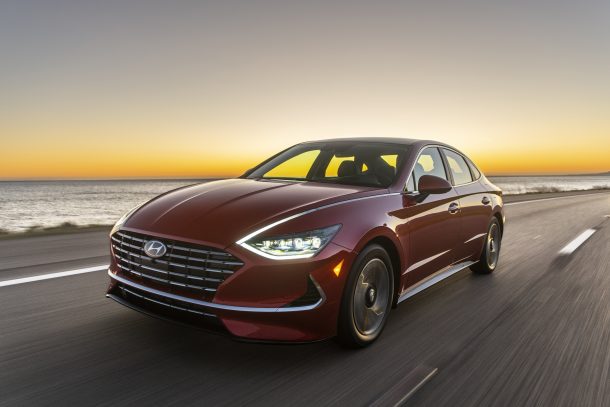

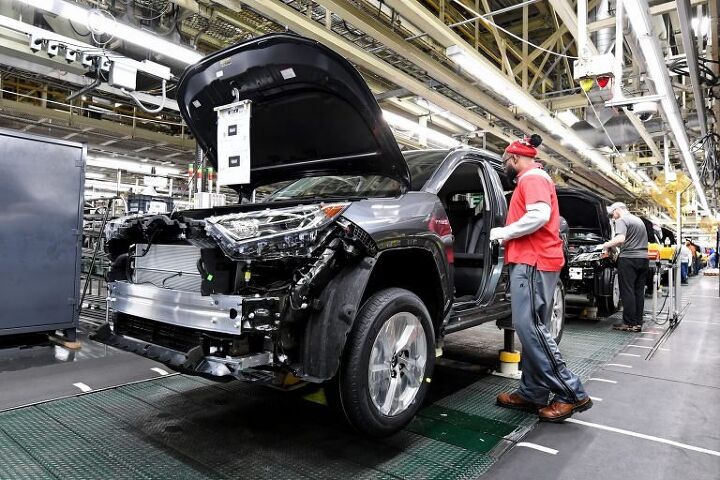
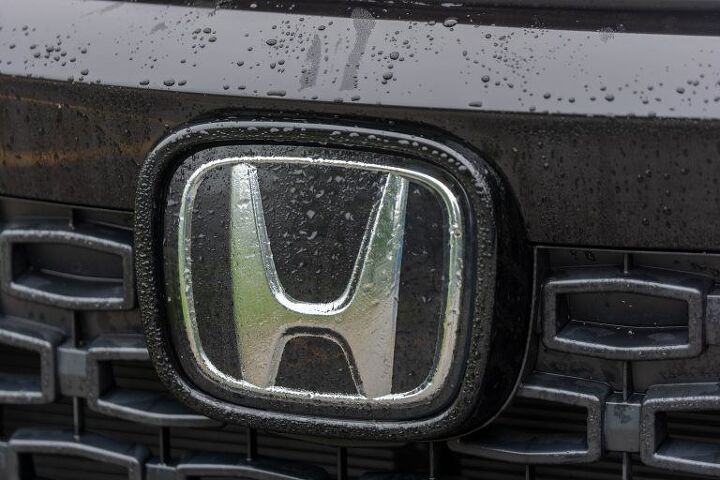














Recent Comments